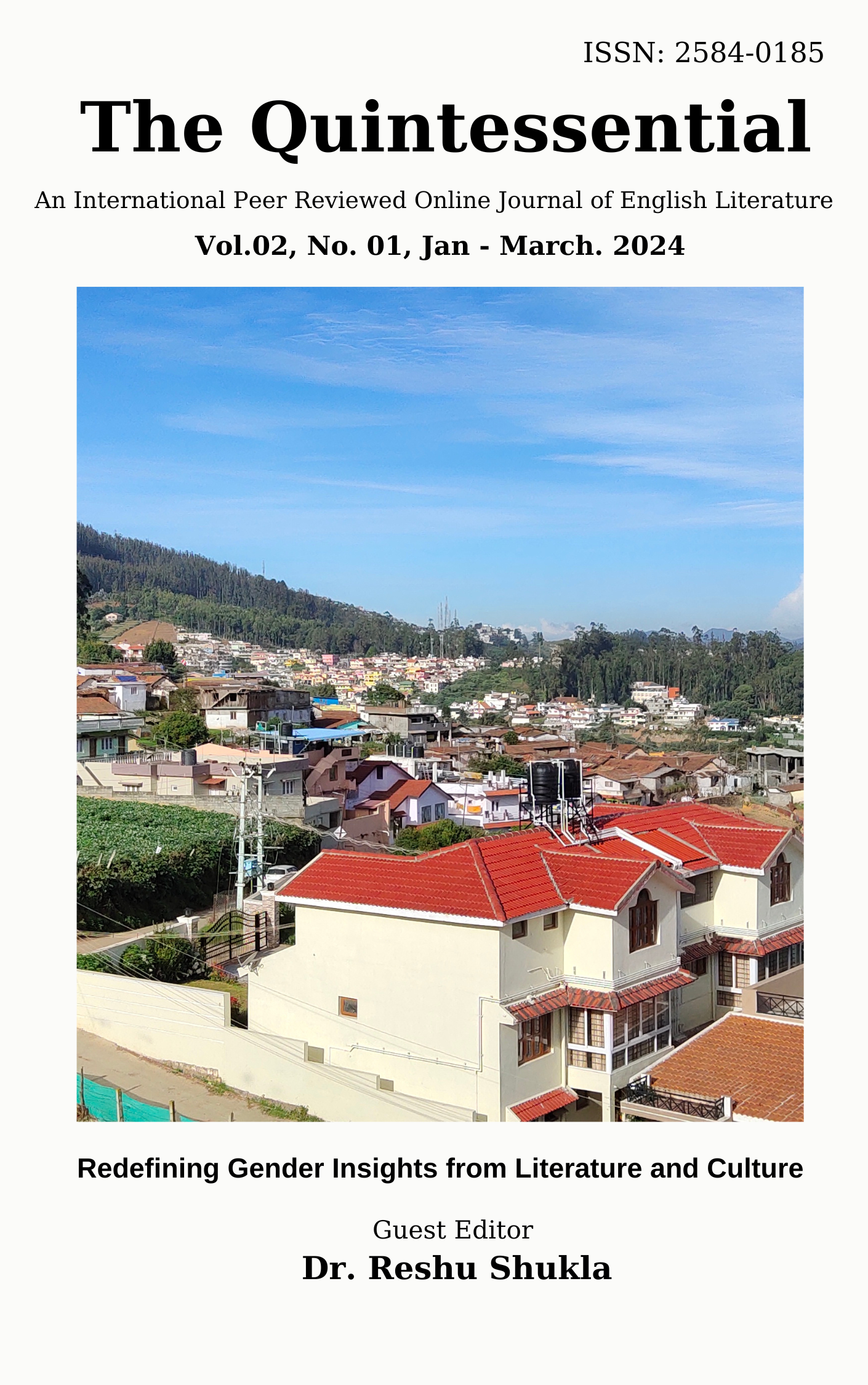Analysing the Insurgent Female Psyche in Patriarchal Settings
Keywords:
Insurgent, Patriarchal, Subjugation, Conventions, Feminine Protests, Male Hegemony, Defiance, Psychological ResilienceAbstract
This study investigates the insurgent female psyche in patriarchal settings, with an emphasis on the mental and emotional states, as well as psychological resilience, of women who challenge patriarchal standards across varied cultural contexts. Their rebellion is both personal and political, as they fight to restore autonomy and affirm their identities in a world that seeks to marginalise them. Historically, male hegemony has governed the universal interaction between men and women, with women accepting societal rules that limit their freedom. Contemporary women, on the other hand, are questioning this acceptance by pursuing autonomy and discovering strategies to overcome painful events. Modern literature depicts women who break conventional standards by demonstrating confidence, relaxation, and vocal defiance. Characters such as Devi of Githa Hariharan, Maya in Sobha De's Second Thoughts, Sarita of Sashi Deshpande, Simrit of Nayantara Sahgal, Lucy of J.M. Coetzee's Disgrace, Chantal of Milan Kundera's Identity, Clara Velde in Saul Bellow's A Theft, all of them have represented the rejection of enslavement, torment, and alienation, showing the changing dynamics of man-woman relationships.





